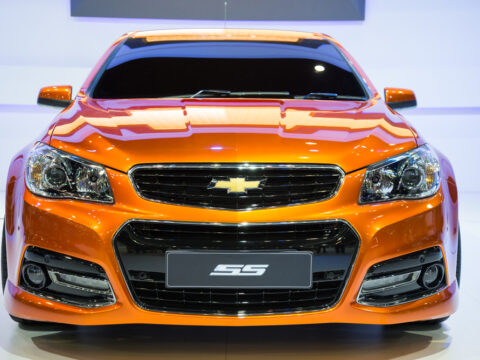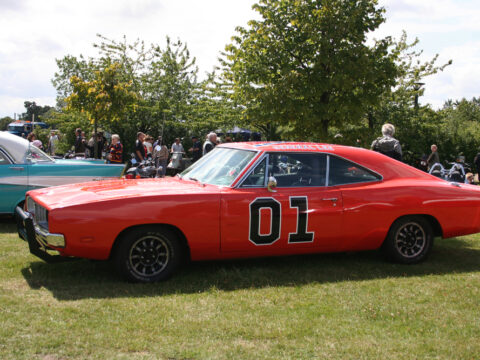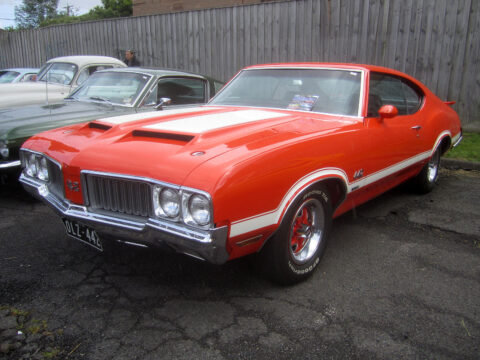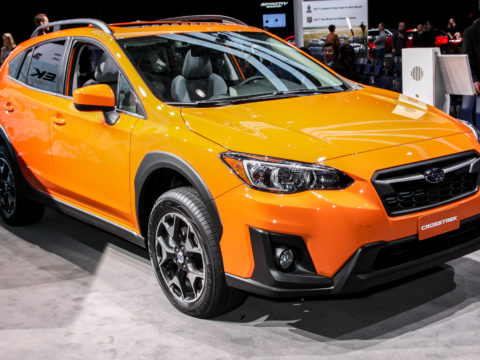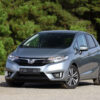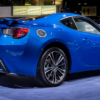Electric vehicles (or EVs for short) are becoming increasingly popular. Automakers, large and small, are constantly announcing new EV models. Many automakers – especially those hailing from European countries – are setting concrete dates for planning to phase out their internal combustion engines. While most automakers are looking to do this about a decade out, some are planning to go all-electric even sooner.
Contents
Alfa Romeo

Stellantis – the parent company of Alfa Romeo – is jumping right onto the EV bandwagon. They recently announced that Alfa Romeo will be their first brand to go all-electric, which will occur by the year 2027. Stellantis is highly protective of its Alfa Romeo brand since it is lucrative.
Stellantis has yet to confirm what the first Alfa Romeo EV will be called, but it might be a subcompact crossover since those are in high demand. The STLA large-vehicle design will have to be ready before 2027, and it will grace multiple brands. Stellantis has also stated that Opel will go all-electric by 2028 and Fiat by 2030.
Jaguar
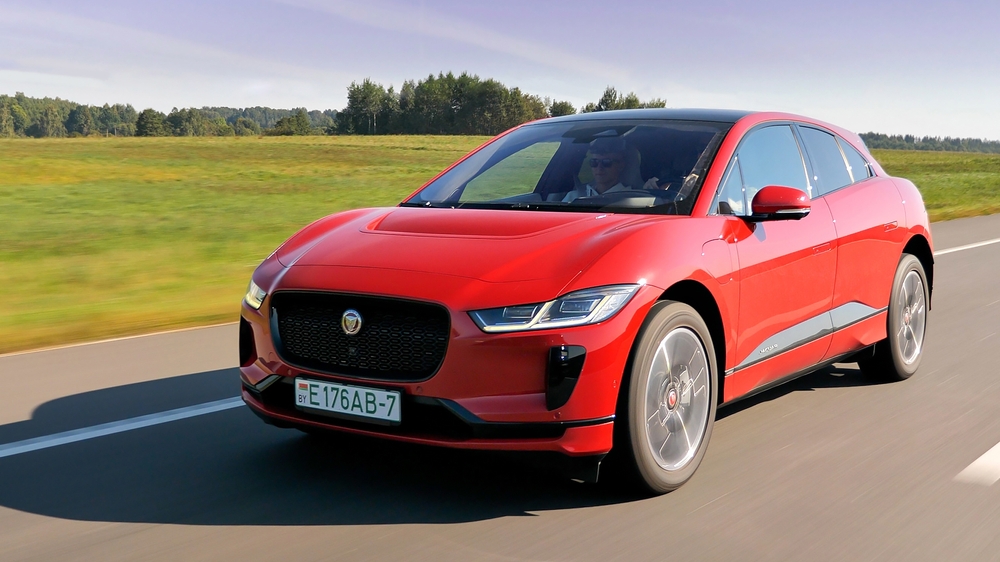
Jaguar Land Rover plans to start going all-electric in 2025 with the Jaguar brand as part of its Reimagine plan. However, Jag recently announced they will be scrapping the previously planned electric XJ. Instead, Jaguar plans to use an in-house created ‘Panthera’ EV platform.
Jaguar Land Rover’s CEO, Thierry Bollore, has gone on record saying that they are “making unique proportion a priority,” and that is why Jaguar decided to make the platform in-house. These upcoming Jaguar models are meant to rival the likes of Aston Martin and Bentley. It could lead to the automaker manufacturing and selling fewer cars but making much more money.
Cadillac
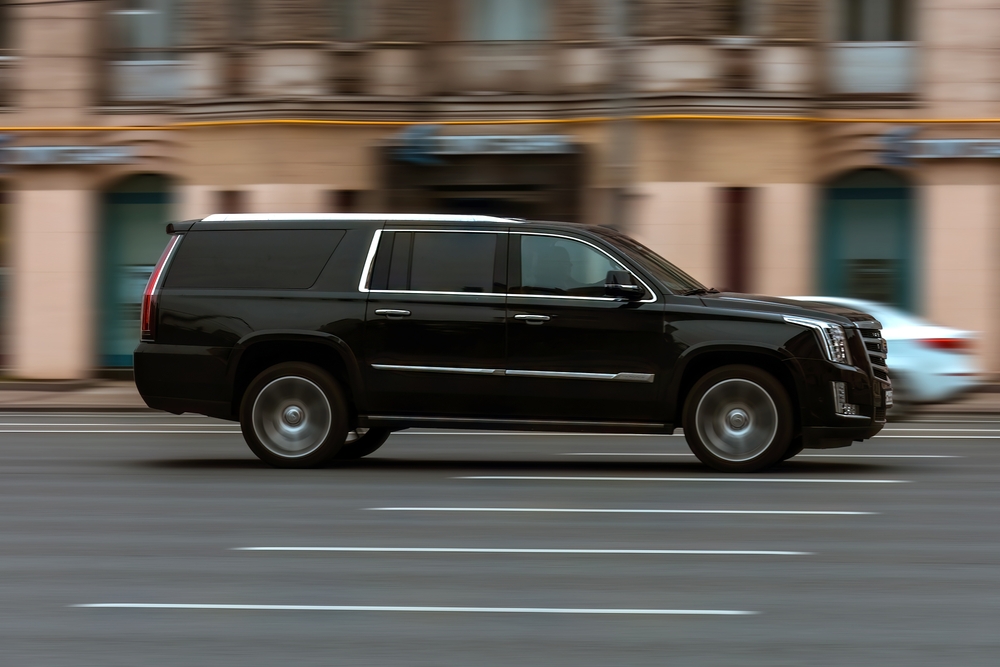
Cadillac isn’t rushing things like some automakers. GM has plans to convert its light-duty vehicle fleet to fully electric by 2035. Cadillac, though, could come as soon as 2030. Fans of the high-horsepower v8 combustion engines GM makes might be startled by this news, but the combustion-powered Escalade could stay around until 2029. It all depends on how the market changes within the next few years.
Cadillac will probably make an EV version of the Escalade to be sold alongside the current Escalade line-up before their 2030 projected date. Also, the Escalade’s huge frame is well suited for holding the weight of the battery pack, making it an ideal candidate for an EV design. It could offer a quieter ride quality, more space, and better driving performance than the current Escalade.
Lotus
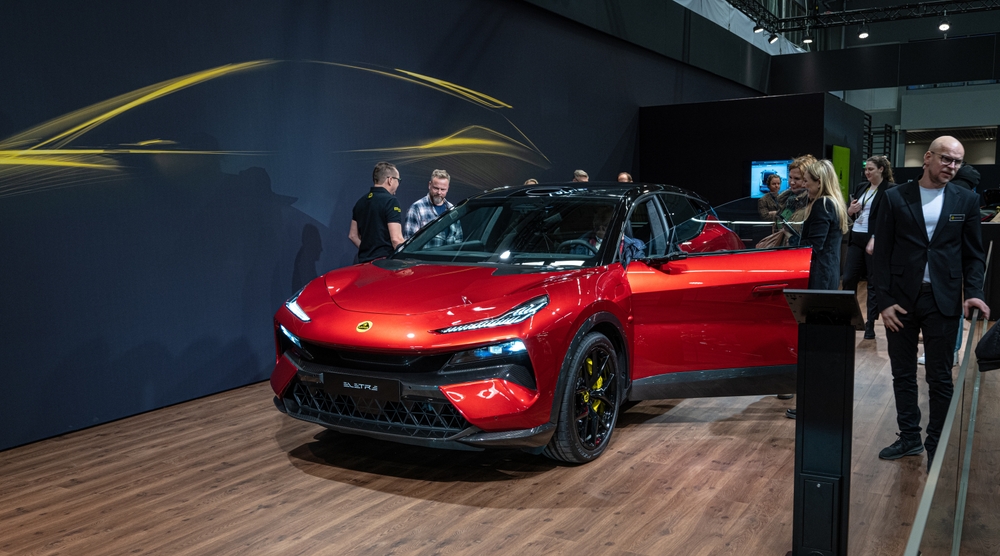
In January 2023, Britishvolt announced that it will develop batteries for Lotus’s all-electric sports cars, making Lotus the first publicly-announced customer for this startup business. Lotus intends to put these batteries into a high-performance sports car. Lotus – owned by Malaysia’s Etika Automotive and China’s Geely – is scheduled to go fully electric by 2028.
Lotus is also planning to make more high-end electric SUVs and saloons. Since Europe and China are about to enter into fossil-fuel car bans, automakers are scrambling to produce solid EV lineups.
Mercedes-Benz
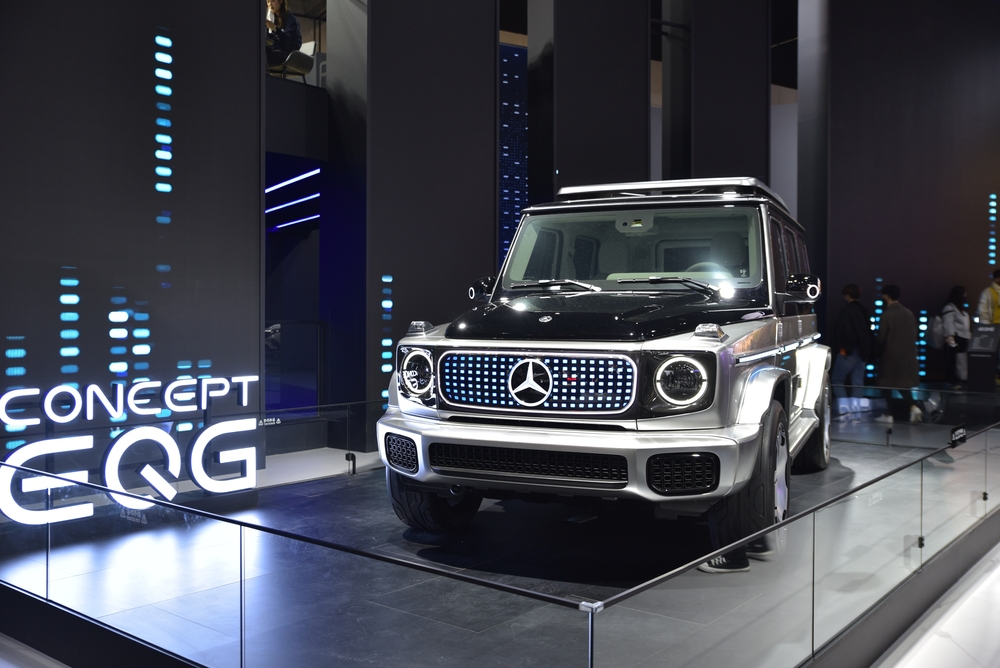
Mercedes is on track to go all-electric by 2030. They are designing the EQG, a concept which was unveiled in Munich in September 2021. Production is in the works, with a version slated to release in 2024. It is based on the G-Class combustion, but it will utilize a quad-motor system in which each motor delivers high- and low-range gearing and simulates three locking differentials.
The EQG’s battery is being developed with Sila, an American firm. A 20-40 percent energy density gain is projected to come from the silicon anode chemistry batteries, and this vehicle will be able to spin a full 360 degrees in place with the turn being controlled using the steering wheel paddles.
Volvo
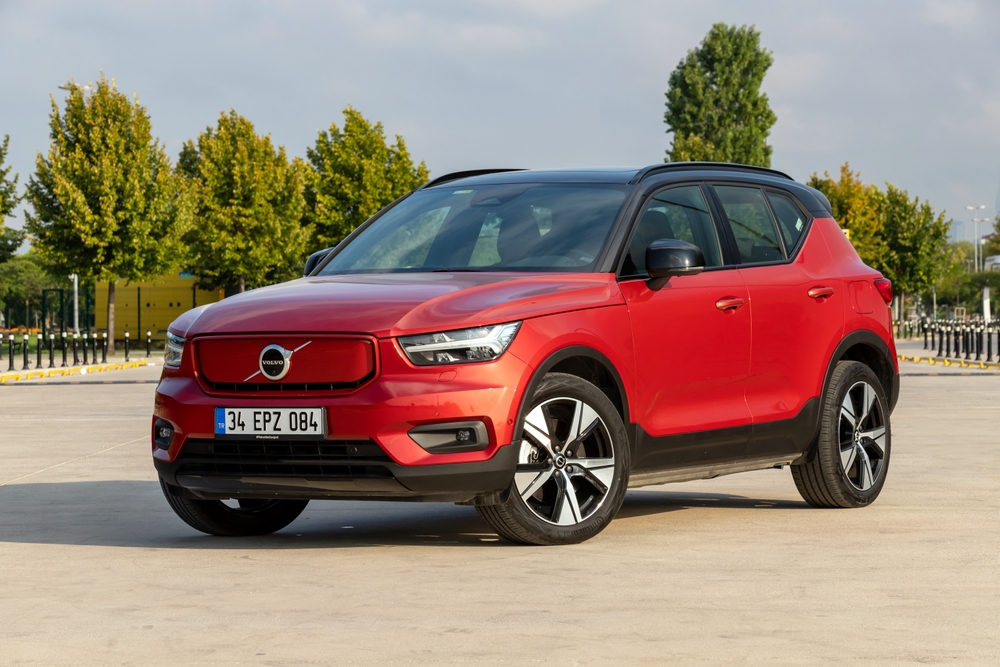
With their new flagship electric SUV due out soon, it should be no surprise that Volvo plans to be fully electric by 2030. Their next-gen SPA-II design, which will be used for the XC90 and XC100, is meant to be fully electric. The XC100 will be EV-only, while the XC90 will have a gas-powered version, a hybrid, and an all-electric Recharge trim level.
Volvo currently plans for all their EVs to come with one front-mounted motor and another mounted in the rear. More will likely be revealed about the XC100 Recharge later this year, and you can expect the starting price to hover around $85,000.
Audi
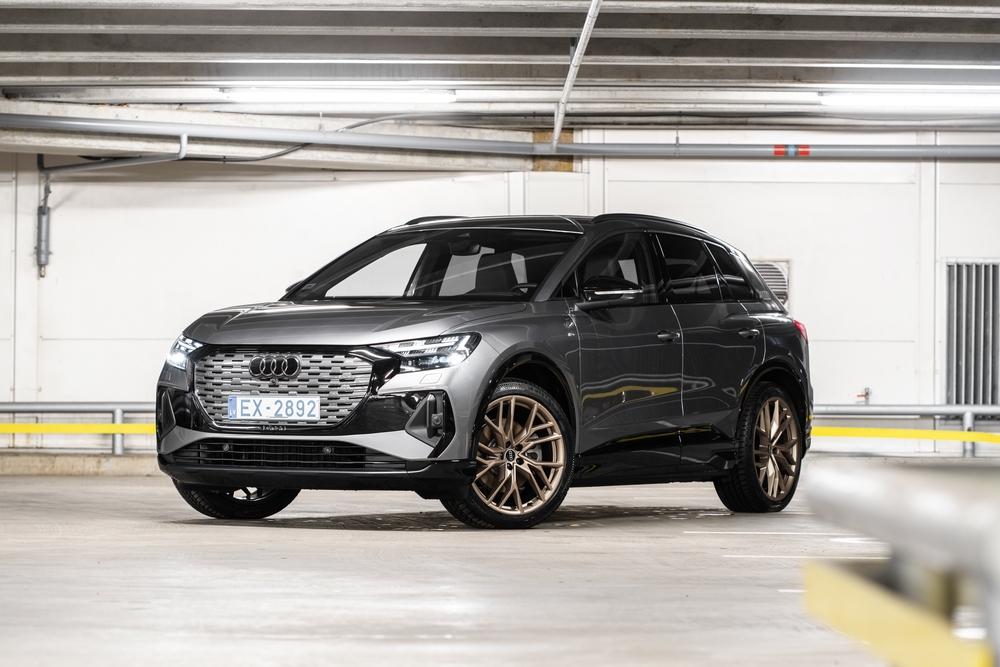
It is already known that Audi plans to go all-electric by 2033. Their final brand-new internal combustion automobile will be launched in 2026. Owned by the Volkswagen Group, Audi is on track to have the biggest EV portfolio among American automakers with the addition of the Q4 and Q4 Sportback e-tron.
Audi’s strategy is to boost its EV sales proportional to its total vehicle deliveries, which will bypass its internal combustion sales after 2025. Audi recognizes the increased consumer demand for EVs and intends to educate the public about the benefits of buying EVs.
Chevy/Buick/GMC
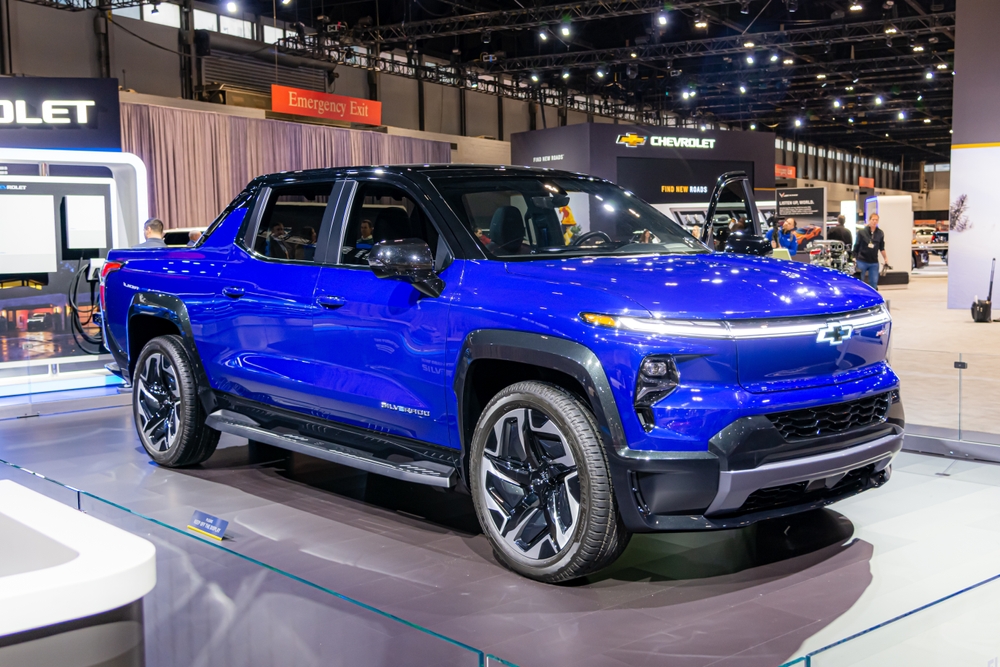
General Motors – the parent company of Buick, Chevy, and GMC – has already planned to eliminate combustion-powered vehicles by 2035. GM wants to become completely carbon-neutral by the year 2040.
Chevy will be getting a Silverado EV starting in 2024, which is set to rival the popular new Ford F-150 Lightning. The Silverado EV looks much like the GMC Hummer EV and will come with a work truck (WT) option for fleets. Chevy plans to introduce multiple trim levels as time goes on, including the off-road-oriented Trail Boss variant. The Silverado EV will reportedly offer up to 400 miles of electric range.
Ford
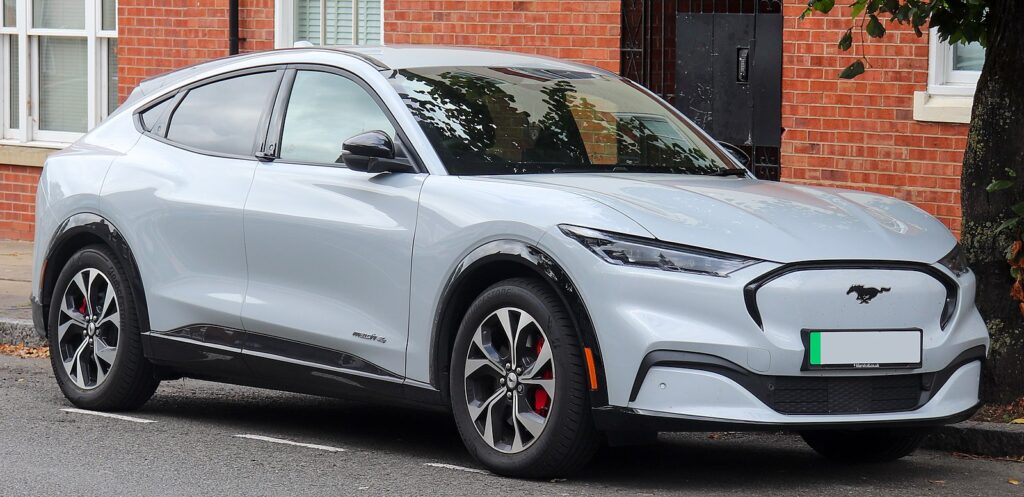
Ford is expanding its EV lineup beyond the Mustang Mach-E with the F-150 Lightning, an all-electric version of its best-selling truck. By 2030, Ford aims to leverage its strong market presence in trucks and SUVs to dominate the EV market, emphasizing power and range in its electric models.
BMW
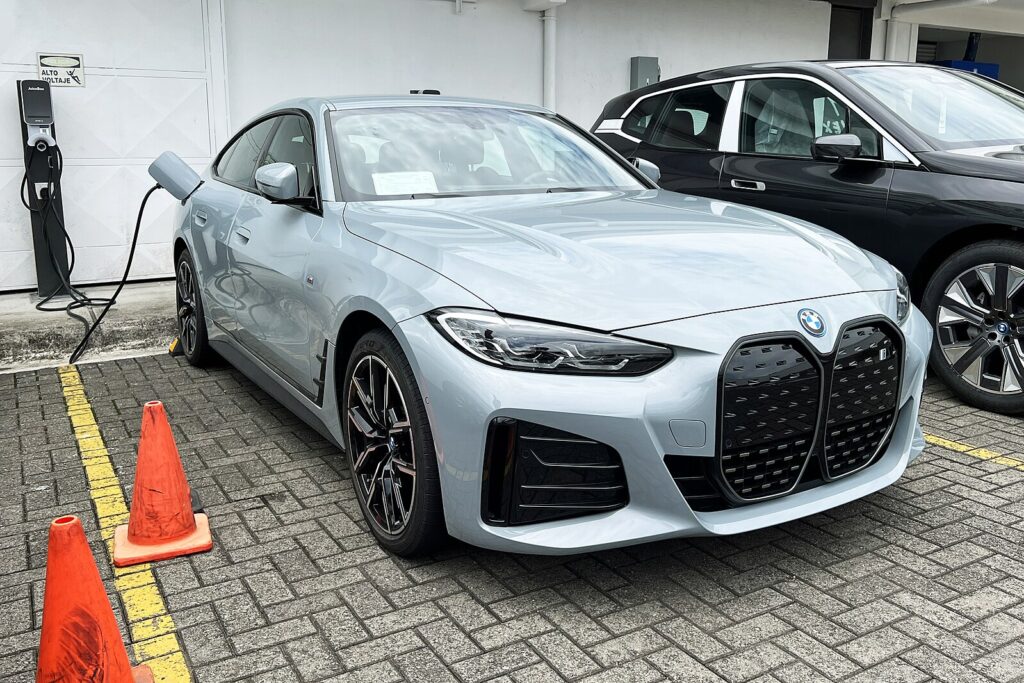
BMW is enhancing its electric lineup with the i4 and iX models, showcasing advanced features like regenerative braking, improved battery efficiency, and autonomous driving capabilities. By 2035, BMW plans to integrate cutting-edge technology across its entire EV range, focusing on luxury and performance.
Toyota
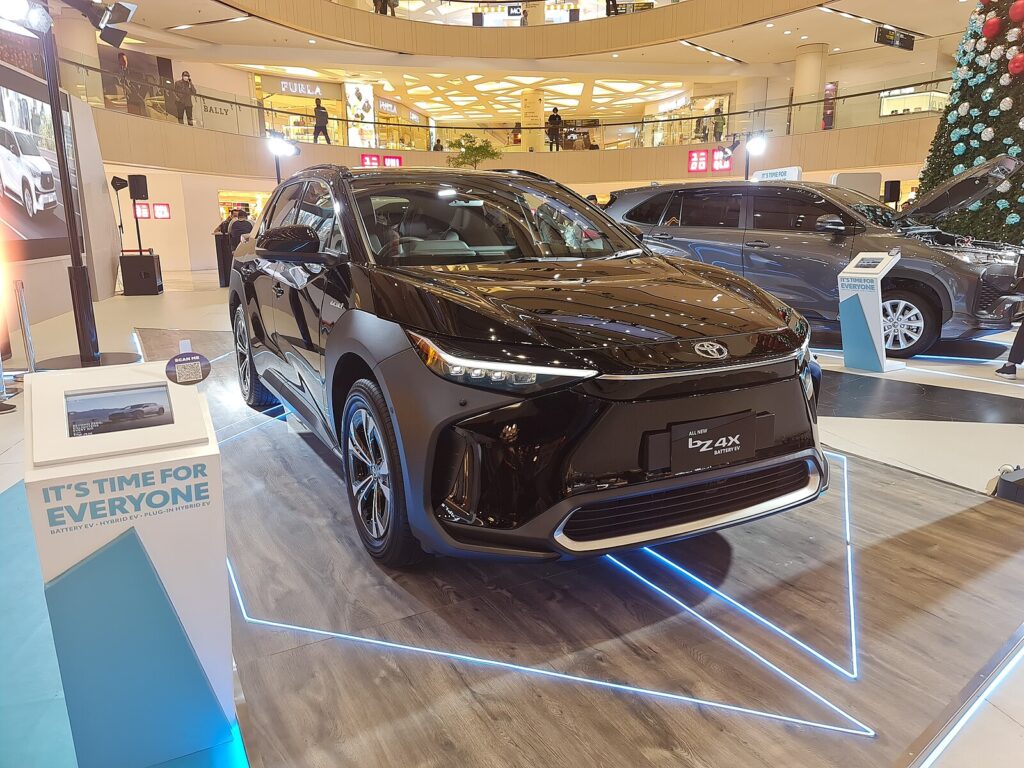
Toyota is developing a solid-state battery that promises faster charging and longer range for its future EVs. By 2040, the automaker plans to revolutionize its electric lineup with this technology, starting with an all-electric SUV currently in the pipeline.
Honda
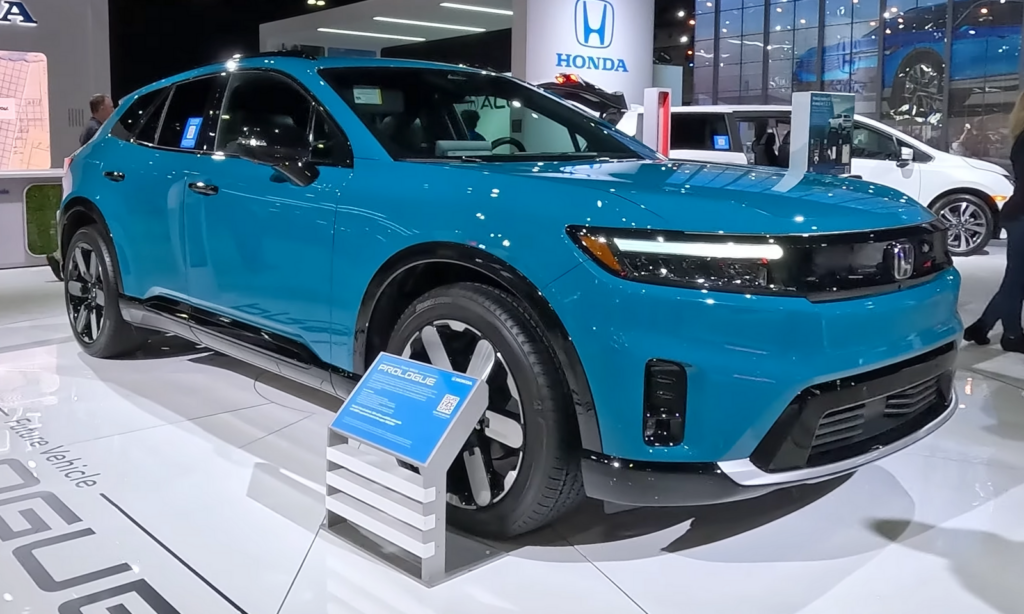
Honda is working on scalable electric vehicle platforms that will support a range of compact to midsize models. By 2040, Honda aims to introduce advanced features like enhanced battery life and autonomous driving in its EV lineup, focusing on accessibility and efficiency.
Nissan
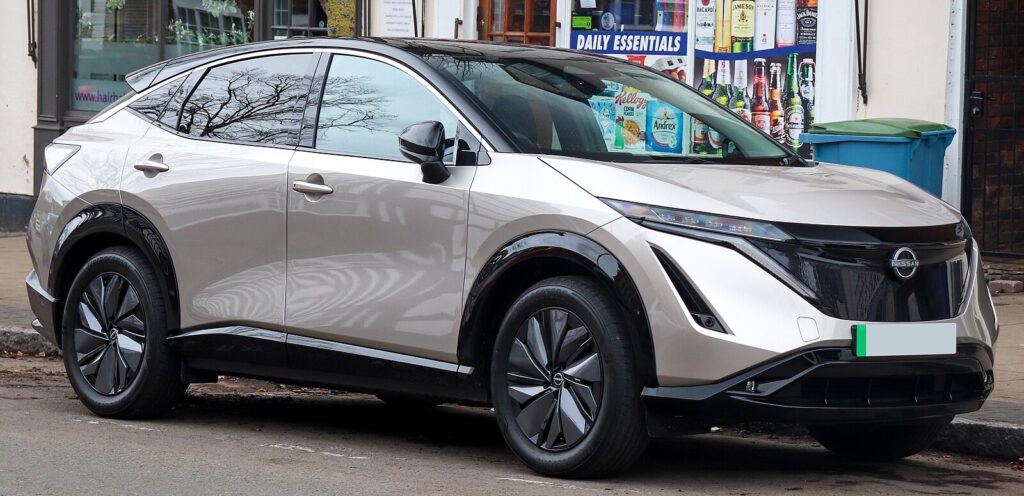
Nissan is focusing on expanding its Leaf range with improved battery technology and more autonomous driving features. By 2030, the company aims to offer a broader range of EVs, including crossovers and sedans, with advanced connectivity and driver-assist technologies.
Volkswagen
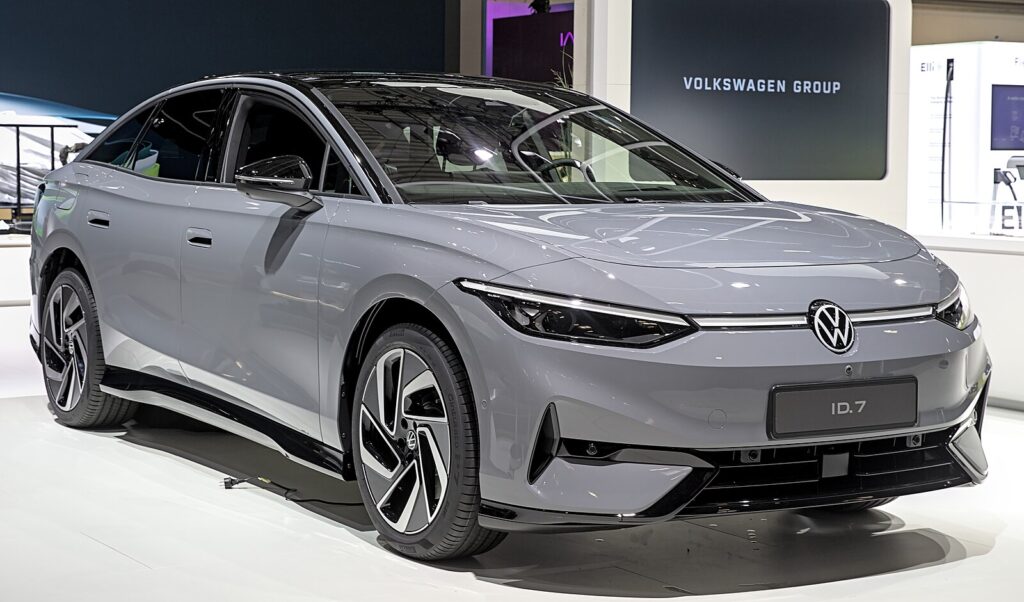
Volkswagen is developing the ID. Buzz, a modern electric version of its classic microbus, featuring cutting-edge technology like autonomous driving and a spacious, modular interior. By 2040, VW plans to have a full range of EVs, emphasizing innovation and sustainability.
Hyundai
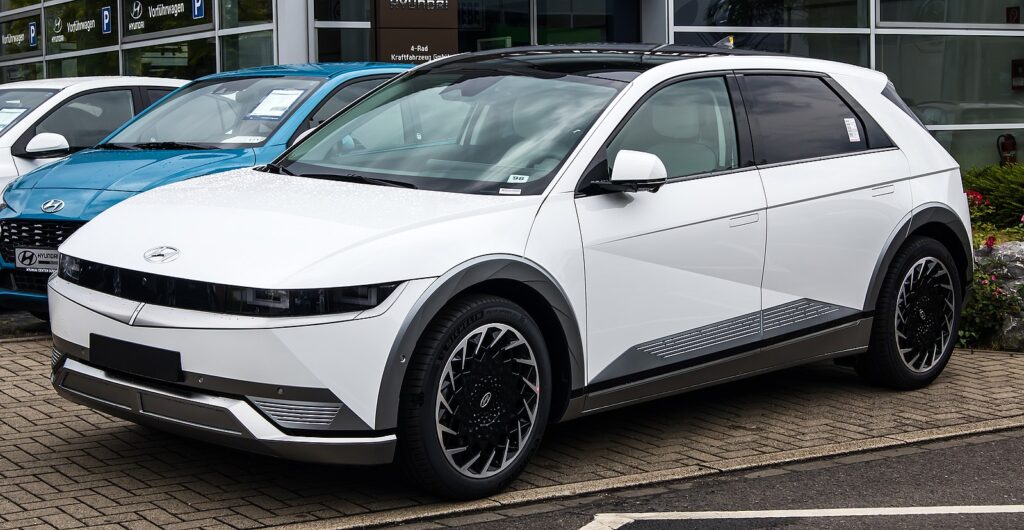
Hyundai is advancing its EV technology with the Ioniq 5, which offers ultra-fast charging, spacious interiors, and innovative design. By 2040, Hyundai plans to expand its electric lineup with more models like the Ioniq 6 and Ioniq 7, focusing on user-friendly technology and sustainable manufacturing processes.
Kia
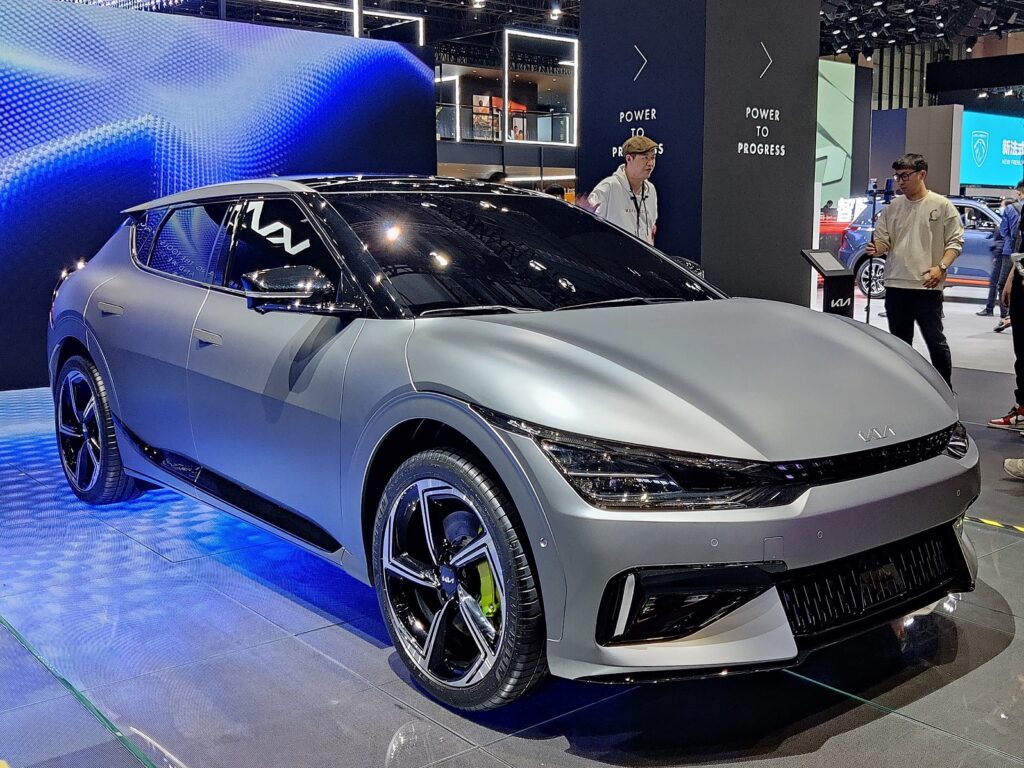
Kia is enhancing its electric portfolio with the EV6, featuring a 300-mile range, fast charging, and high-performance variants. By 2040, Kia aims to introduce a variety of EVs, including larger SUVs and sedans, with a focus on affordability and cutting-edge technology.
Mitsubishi
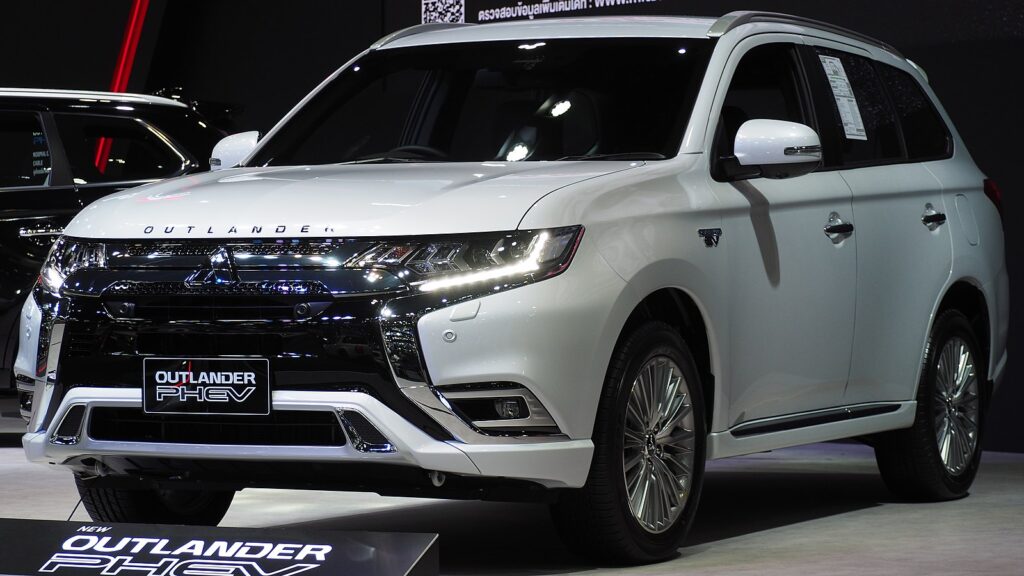
Mitsubishi is planning to revitalize its electric lineup with the new Outlander PHEV, which will offer improved electric range and more robust hybrid technology. By 2040, Mitsubishi aims to lead in compact EV and crossover markets with advanced driver-assist systems and efficient powertrains.
Peugeot
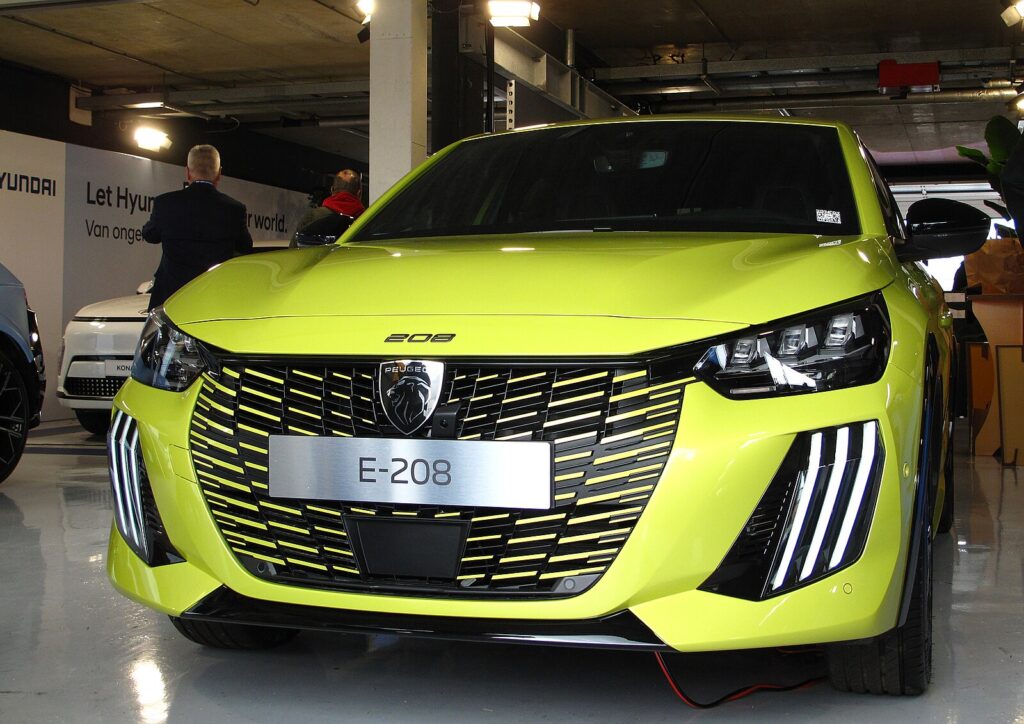
Peugeot is working on the e-208 and e-2008, small electric vehicles known for their style and efficiency. By 2035, Peugeot plans to expand its electric lineup with more models featuring enhanced autonomy and connected services, appealing to a tech-savvy European market.
Ferrari
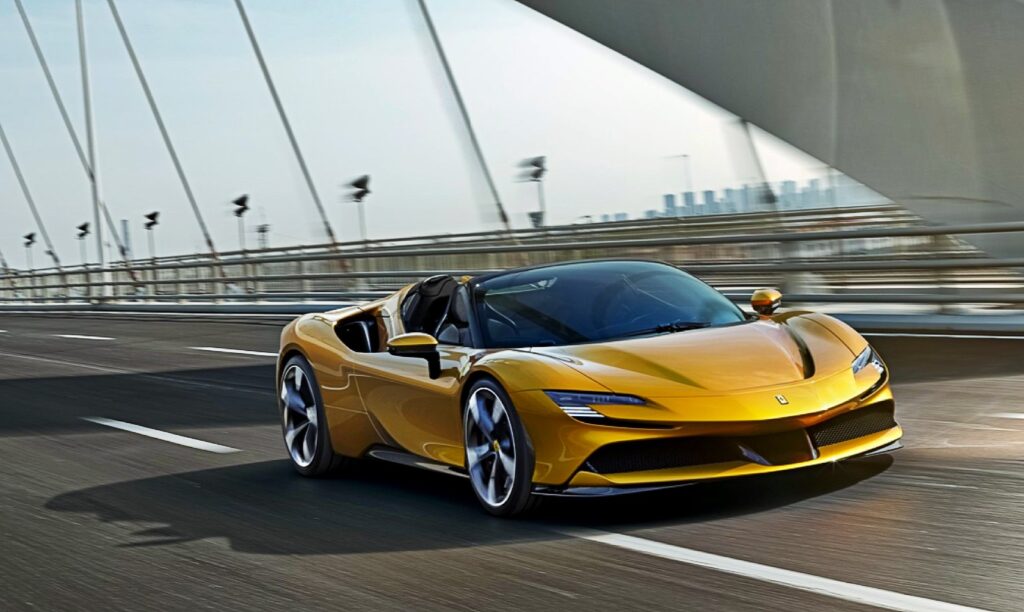
Ferrari is developing its first all-electric supercar, expected to launch by 2025, which will feature unprecedented performance and innovative electric propulsion technology. By 2035, Ferrari aims to combine its racing heritage with electric efficiency to create high-performance, luxury electric vehicles.
Porsche
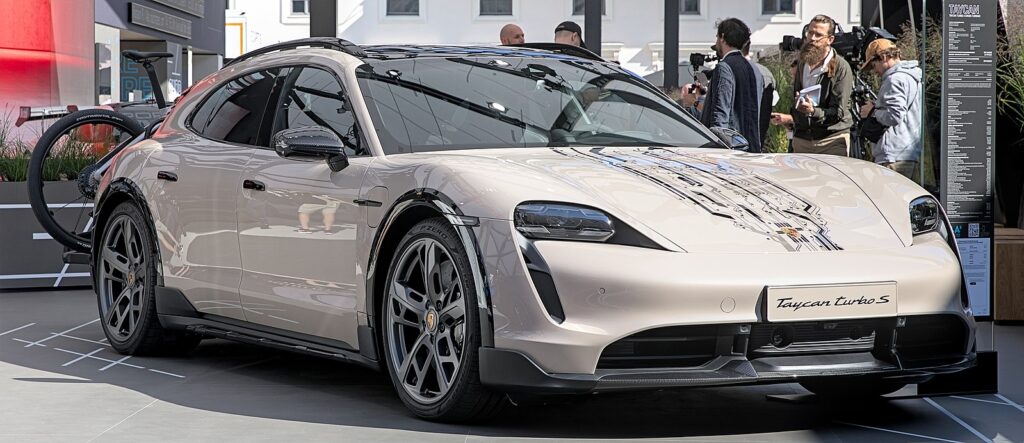
Porsche is expanding its electric lineup with the Taycan Cross Turismo and the upcoming electric Macan. By 2030, Porsche aims to enhance its EVs with superior performance, longer range, and fast charging capabilities, maintaining its reputation for high-quality, high-performance vehicles.
This article originally appeared on MyCarMakesNoise.
More from MyCarMakesNoise
Understanding Why Some Used Cars Outprice New Ones
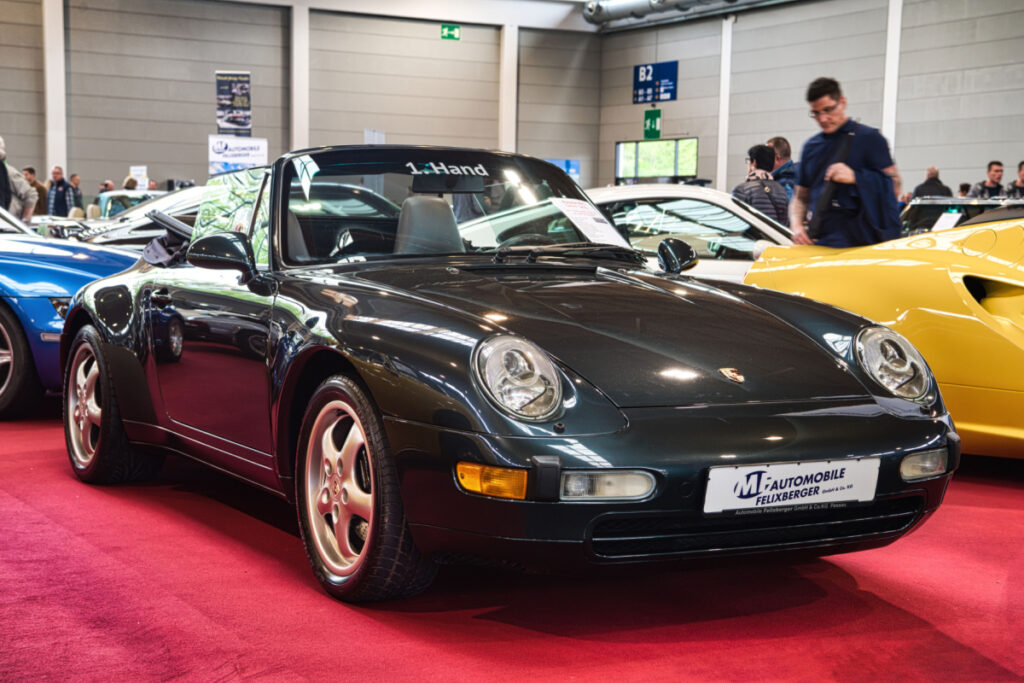
Whether due to their iconic status, limited production numbers, or exceptional performance capabilities, these cars continue to defy the norm, proving that sometimes, older can mean more expensive. Read More.
Top Powerhouse SUVs for Maximum Hauling Capacity
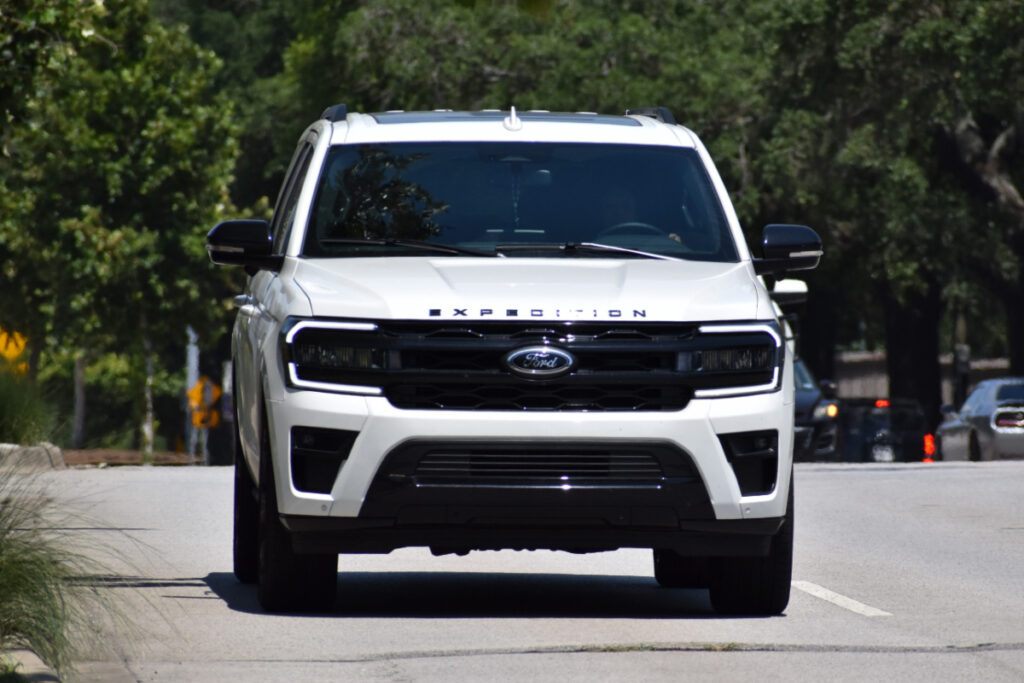
From stalwart workhorses to plush cruisers, we have carefully curated a list of twelve standout SUVs with impressive towing capacities. This guide will unveil the champions of strength, their unique features and specifications, and why they deserve your attention when the need for serious towing arises. Read More.
Best Pre-Owned Vehicles for Beginner Drivers
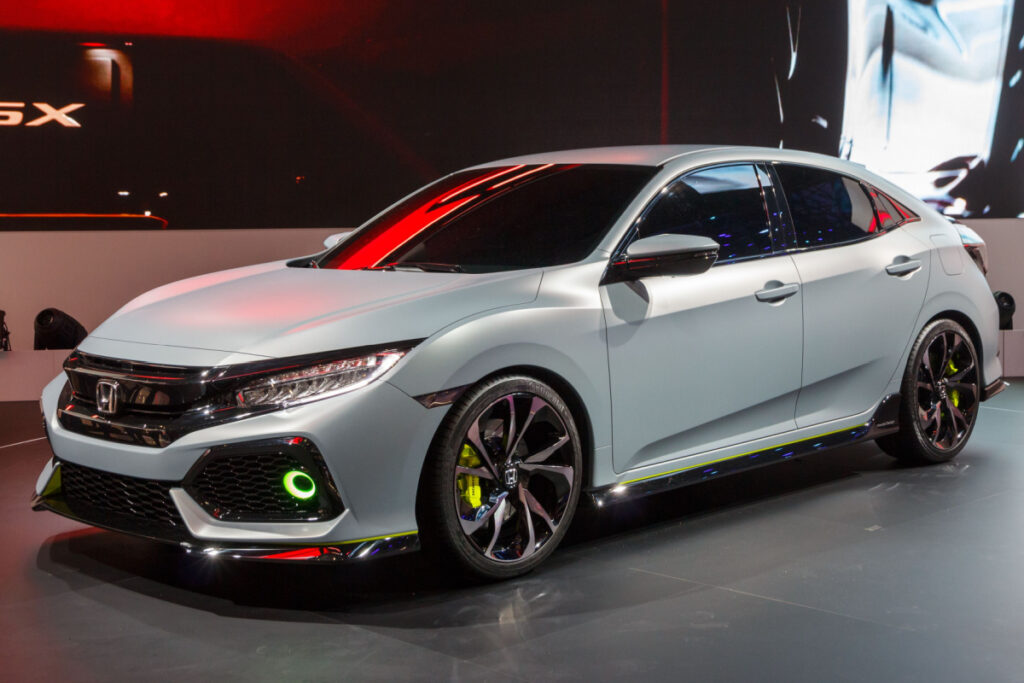
This is where the charm of used cars comes in! Pre-owned vehicles can offer fantastic value, often providing the best features of recent models at a fraction of the cost. Read More.

